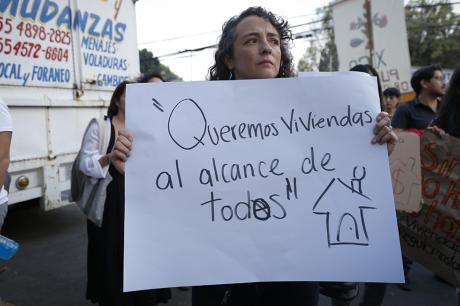Articles and analysis on today's issues

As data centers see a surge in demand because of generative AI, Henrico County, Virginia, shows how local governments can turn the economic gains of this new industry into sustainable funding for affordable housing.
The Use of Short-Term Rentals by Digital Nomads Is Pricing Out Residents of Mexico City. Here’s What the City Can Do about It. If Mexico City wants to address housing supply constraints and tax revenue shortfalls, it can leverage regulations over short-term rental services to increase fiscal revenue and contain negative effects on local housing markets amid an influx of digital nomads.Three Ways Local Leaders Can Champion Equitable Parks for Healthy Communities Research shows parks and green spaces bring tremendous health benefits for individuals and communities. But measuring parks’ specific health contributions isn’t always simple.¿Quién Gana y Quién Pierde con la Sobreabundancia de Alquileres de Corto Plazo? Al diseñar políticas sobre alquileres de corto plazo, los gobiernos locales pueden considerar quiénes se benefician y quiénes se ven afectados por estos servicios para evitar agrandar las brechas sociales, raciales y de riqueza.With an Abundance of Short-Term Rentals, Who Wins and Who Loses? When designing short-term rental policies, cities can consider who benefits and who’s harmed to ensure any policies don’t widen racial, ethnic, and wealth gaps.New Prison Mail Policies Reduce Already Limited Connections for Incarcerated People New mail policies aimed at reducing contraband in prisons aren’t grounded in research—and could have negative effects on incarcerated people’s social connections and well-being.The First Gen Z Congressman Was Denied an Apartment Because of Poor Credit. For Young Adults, It’s a Common Experience. For young adults with poor credit health, not only is it more difficult to meet basic needs, but also future opportunities are closed off, creating barriers to financial resilience and upward economic mobility.





